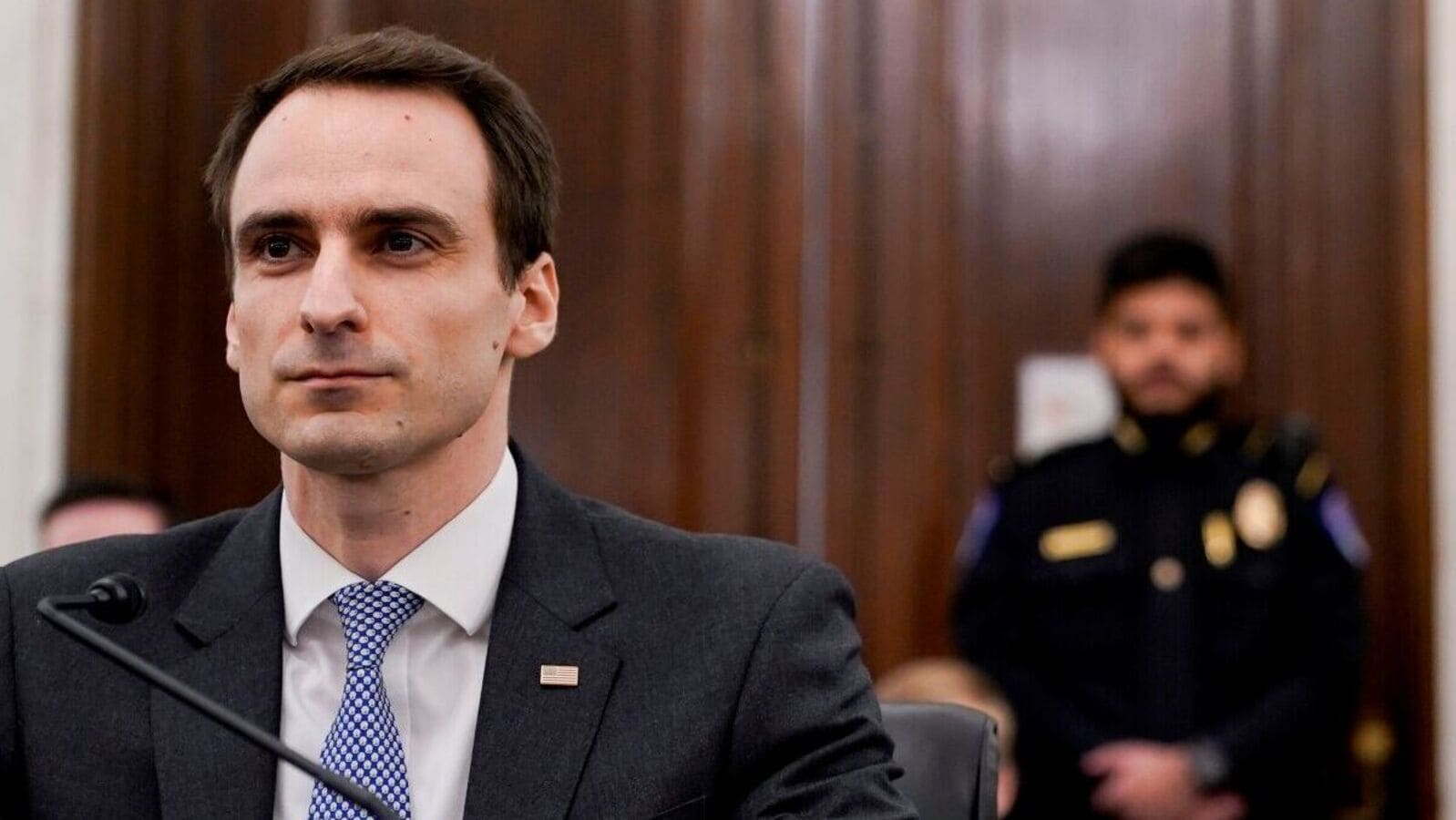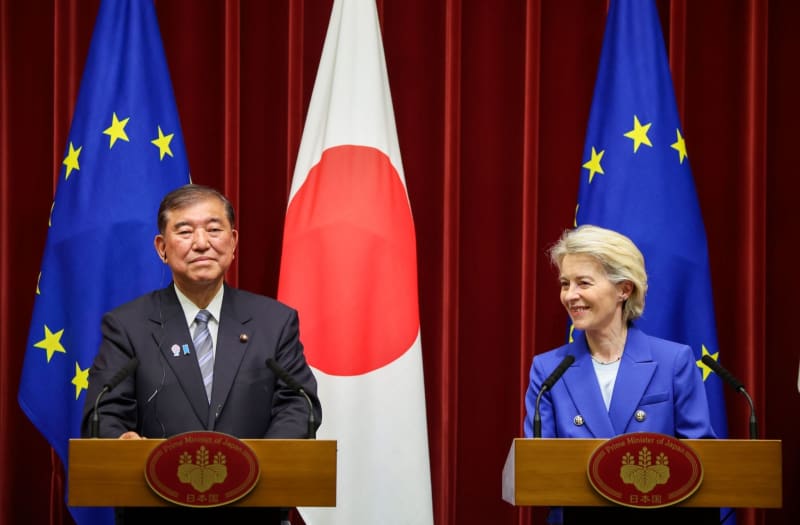Confirmed by the Senate on Tuesday to lead the Office of Science and Technology Policy, he is taking charge at a pivotal moment in the AI race with China. The Chinese startup DeepSeek rattled lawmakers in January when it released a powerful model trained at much lower costs than U.S. competitors.
That raised pressure on the Trump administration to limit China’s access to advanced U.S. chips without disrupting American businesses abroad. The Commerce Department on Tuesday added dozens of Chinese companies to a trade blacklist. U.S. companies need government approval to sell to those businesses in China.
Kratsios cut his teeth in the tech industry for several years as one of venture capitalist Peter Thiel’s top deputies. After Thiel was one of the few Silicon Valley executives to back Donald Trump in 2016, Kratsios got a top tech policy role in the first Trump administration and briefly oversaw research and engineering at the Defense Department.
Following a nearly four-year stint at the startup Scale AI, he has returned to government under a much brighter spotlight. “The stakes are a lot higher this time around,” Kratsios said in an interview.
Work at the Office of Science and Technology Policy includes everything from ultrapowerful quantum computing to modernizing the nation’s telecom systems and researching the world’s oceans. He expects to spend a lot of time coordinating among agencies.
“People will look to him as the person who’s really going to set things in motion,” said Chloe Autio, a tech policy consultant to companies and AI labs.
One of Kratsios’s first tasks is sifting through thousands of suggestions companies submitted recently for the administration’s AI plan. President Trump directed his team to come up with the plan in a January executive order. He revoked President Joe Biden’s AI executive order asking companies to notify the government when developing powerful models.
Kratsios will be working with officials including the AI and crypto czar, David Sacks, and Sriram Krishnan, a senior policy adviser for AI. Sacks worked for the libertarian newspaper that Thiel founded at Stanford University, then helped launch the payments company PayPal alongside Thiel and Elon Musk, the Tesla chief executive now running the Department of Government Efficiency. Sacks and Krishnan both have venture-capital backgrounds.
A marathon runner from South Carolina, Kratsios graduated from Princeton University with a bachelor’s degree in politics. In college, he interned for Sen. Lindsey Graham (R., S.C.).
Kratsios got a firsthand view of the U.S.-China relationship in 2010, when he was a visiting scholar and instructor at China’s Tsinghua University, known for producing top engineering talent. Students were excited about the opportunity to work in the innovative U.S. tech industry, Kratsios said.
The same year, he started working for one of Thiel’s investment companies. In 2016, Kratsios returned to Tsinghua to help Thiel teach a two-week course after Thiel’s book on startups became a hit in China. By then, China had started investing billions of dollars in homegrown tech projects, helping tilt the relationship between the two countries.
One of Kratsios’s jobs in the first Trump administration was traveling around the world to persuade other countries not to install cheap telecom equipment from China’s Huawei because of security concerns. The U.S. didn’t have a domestic alternative to Huawei, so he suggested European options.
“It’s always been a global competition to him,” said Tony Samp, head of AI policy at DLA Piper.
Kratsios worked on a 2019 AI executive order that promoted research and development and directed the Commerce Department’s National Institute of Standards and Technology to develop standards for measuring trustworthy AI systems.
Lawmakers worry the job and spending cuts promoted by DOGE will slow tech development. Kratsios said he would fight for priorities such as research and development and standard-setting.
Some friendly countries have raised concerns about proposed semiconductor controls that would limit their purchases, fueling worries that they might be pushed toward Chinese alternatives.
“These countries know this is nation building,” said Chris Lehane, chief global affairs officer at the ChatGPT maker, OpenAI. “They have to pick between one of the two.”
National-security hawks say the risk doesn’t justify weaker export controls that could boost the Chinese tech industry.
“I don’t think that they can do much innovation on their own, but they will if we keep sharing all this tech with them,” said Sen. Josh Hawley (R., Mo.).
Write to Amrith Ramkumar at amrith.ramkumar@wsj.com


